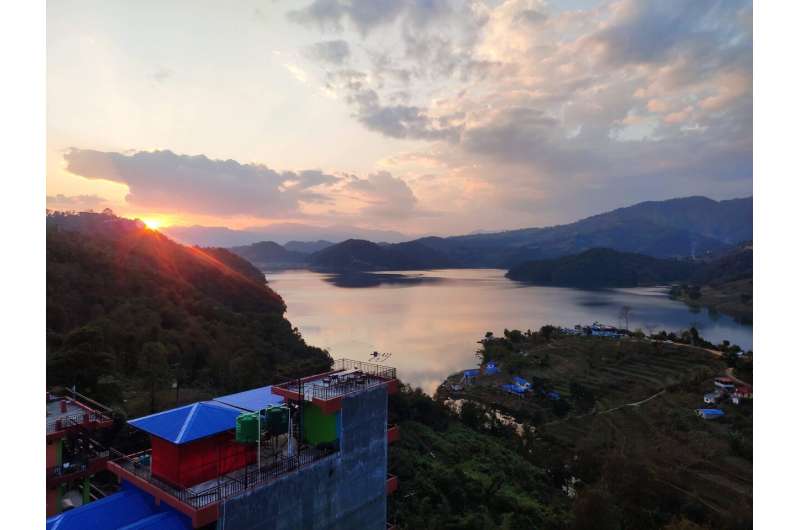This article has been reviewed according to Science X's editorial process and policies. Editors have highlighted the following attributes while ensuring the content's credibility:
fact-checked
peer-reviewed publication
trusted source
proofread
Sustainability of a 12-month lifestyle intervention in reducing blood pressure in Nepal: 5-year follow-up

The sustainability and scalability of limited duration interventions in low- and middle-income countries remain unclear. A study published in The Lancet Global Health aimed to investigate the sustainability in reduction of blood pressure (BP) through a 12-month lifestyle intervention by community health workers (CHWs) to reduce BP in Nepal four years after the intervention ceased.
During the 12-month intervention, female community health volunteers (FCHVs) visited participants in the intervention groups and provided lifestyle counseling and BP measurement every four months.
At the end of the 12-month intervention, systolic BP (SBP) was significantly lower in the intervention group than in the usual care group in all cohorts, ranging from -2·3 mmHg lower in those with normal BP to -4·9 mmHg in the hypertensive cohort.
In this follow-up study, a total of 1,352 participants were followed up at 60 months, this being 92·1% of 1,468, who completed the 12-month assessments, and 82·5% of 1,638 participants who were initially randomized. At 60 months, the study found that the SBP rose by 4·1 mmHg (95% CI, 2·2 to 5·9 mmHg) more in the intervention group than usual care group.
Although such lifestyle counseling and BP monitoring by CHWs is effective in substantially reducing BP while adults are being monitored in a trial, but following cessation of the intervention this benefit is not maintained in the long term, with potential for harm.
This could have important implications for funders and research communities to regularly target participants for education and follow-up at an optimal time to reduce any likelihood of harm
This is the first randomized control trial evidence on the sustainability of the benefit of a trial led by CHWs four years after the cessation of an intervention.
Despite considerable evidence that lifestyle counseling and BP monitoring by CHWs are effective in substantially reducing BP while participants are being monitored in a trial, the researchers now provide evidence that once the intervention ceases this reduction may not continue with potential concern for harm in the long term.
More information: Rajshree Thapa et al, Sustainability of a 12-month lifestyle intervention delivered by community health workers in reducing blood pressure in Nepal: 5-year follow-up of the COBIN open-label, cluster randomised trial, The Lancet Global Health (2023). DOI: 10.1016/S2214-109X(23)00214-0



















